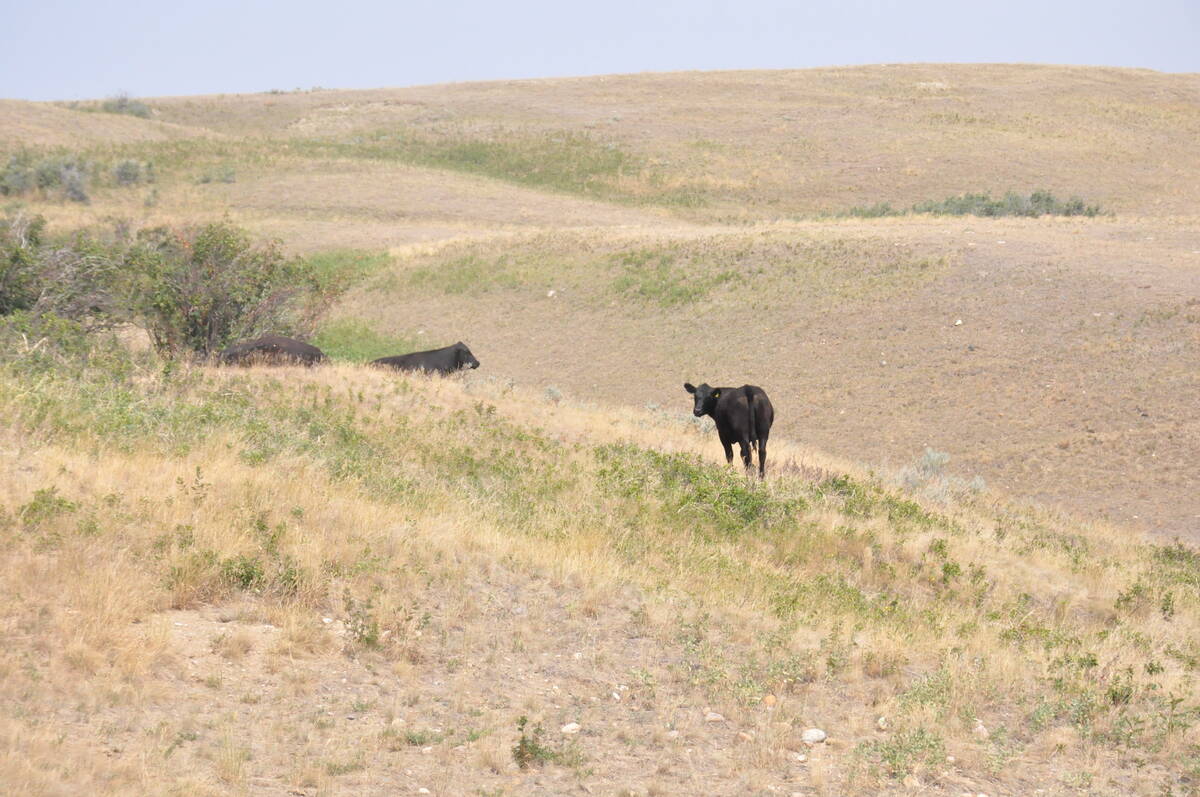A U.S. research centre says new international rules governing trade in genetically modified commodities will hurt developing countries and cost importers hundreds of millions of dollars in higher food prices.
“While most of these additional costs would be borne by a handful of large countries that import the largest volume of food and feed grains, a disproportionate share of the costs would fall on consumers in smaller developing and least-developed countries who are least able to afford higher food and feed bills,” said a study prepared by the agribusiness-supported International Food and Agricultural Trade Policy Council.
Read Also

Saskatchewan tests new forage insurance program
Saskatchewan Crop Insurance Corp. tested a new forage insurance program this past summer as it looks for ways to better protect cattle producers.
It estimated that increased testing and verification requirements under the Cartagena Biosafety Protocol would add to the cost of GM food trade. The United Nations agreement takes effect this year, although Canada and many other countries that produce and export GM food have not signed on.
It gives potential importers of what the treaty calls living modified organisms the right to require strict labelling and segregation practices before GM food such as canola, corn and soybean can be imported if there is a potential they could mingle with indigenous crops. Exporters of GM crops such as canola say it is a licence for protectionism.
While most exporters of GM crops have not signed the protocol, enough countries have signed to make it law this year.
The trade policy council said in its report that governments should weigh the full costs of compliance before signing the protocol negotiated through the United Nations and administered through a UN environmental office in Montreal.
“Depending on the decisions governments make about labelling, testing thresholds and unapproved events in the coming months, the additional costs of shipping (corn), soybeans, canola and cottonseed could significantly increase the cost of food and feed to the world’s consumers,” the council wrote in a study published Jan. 10 in Washington.
It said poor countries with underdeveloped regulatory systems would end up paying the greatest cost. However, Canadian exporters have warned Ottawa that the real cost could be a shutdown of export opportunities if Canada agrees to the Cartagena rules.
Supporters of greater controls on GM food exports argue that since the protocol has enough signatory countries to take effect with or without Canada, which would force Canadian exporters to play by the Cartagena rules, Ottawa should sign simply to give it a place at the table and a voice in arguing for more trade-friendly rules.
Agriculture Canada officials have signalled that Canada will not sign on without more clarity about how the rules will work and how they can avoid being trade barriers.














